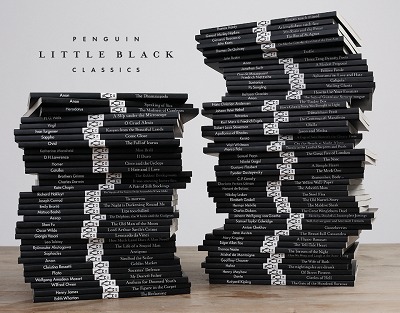What do you think?
Rate this book


53 pages, Paperback
First published January 1, 1876



De la musique avant toute chose,
Et pour cela préfère l'Impair
Plus vague et plus soluble dans l'air
Sans rien en lui qui pèse ou qui pose.
Whatever is fickle, freckled (who knows how?)
With swift, slow; sweet, sour; adazzle, dim;
As kingfishers catch fire, dragonflies draw flame,Gerard Manley Hopkins was not only an English poet but also a Catholic and Jesuit priest, which might explain why his poetry wasn't for me. The overarching theme is Christianity and his devotion to God. I couldn't relate to his feelings of worship and his talk of 'flesh-bound spirits' at all, which is why most of his verses either annoyed or bored me.